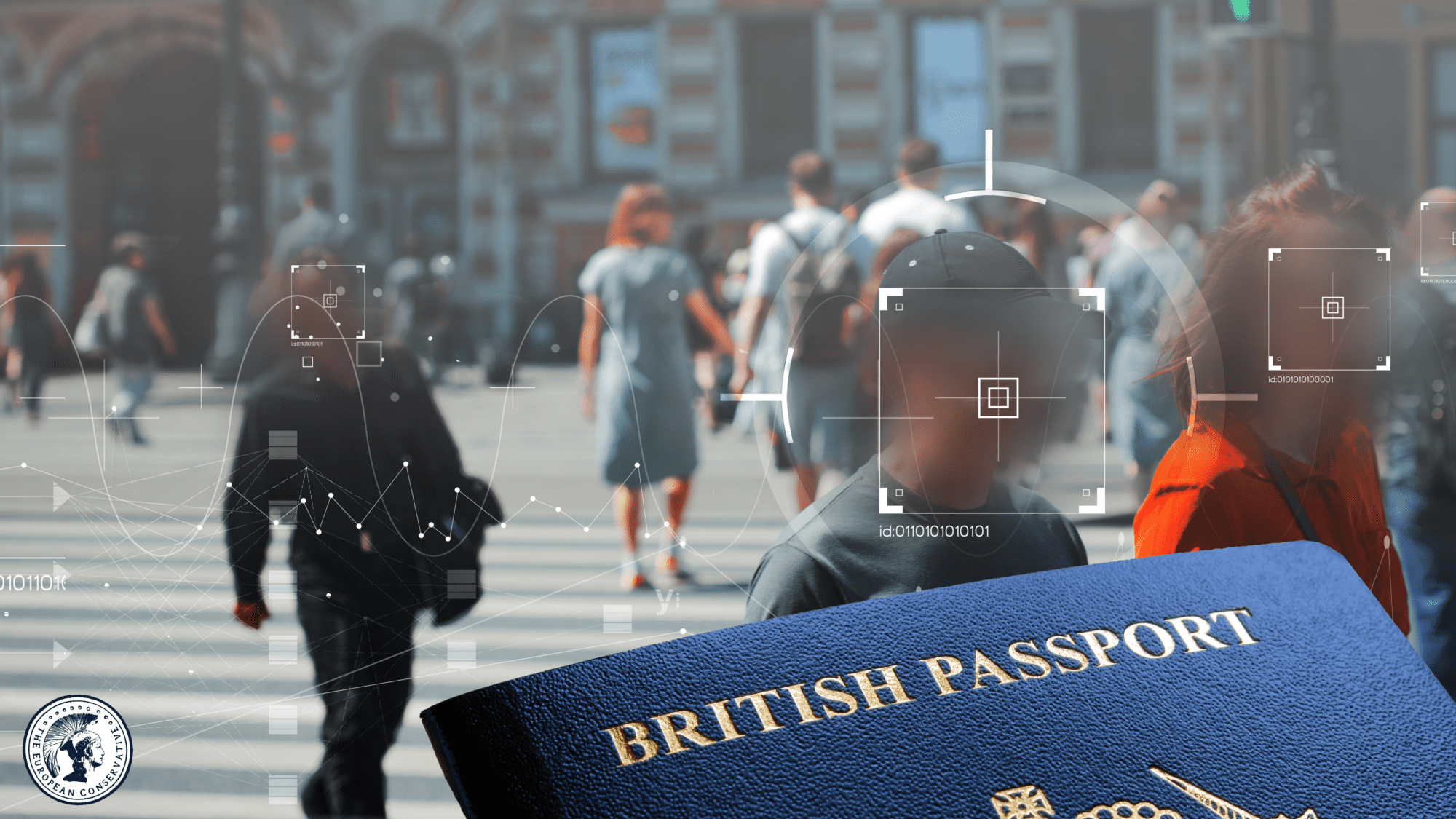
A new Tory plot is “Orwellian” and will fuel the “politics of division,” campaigners have warned.
As if lockdown wasn’t enough to erode the party’s claim to being the defender of liberty, Rishi Sunak’s government is now planning to build an unprecedented facial recognition database out of the passport photos of around 45 million British citizens. Crime and Policing Minister Chris Philp said at this week’s conference that this would be used to help officials find a match with CCTV and other footage at the “click of one button.”
Police forces currently only run facial recognition software through the national police database of people who have been arrested. Campaign group Big Brother Watch said that integrating data from the passport office and other national databases would result in law-abiding citizens being treated like “suspects.” Director Silkie Carlo said:
Philp’s plan to subvert Brits’ passport photos into a giant police database is Orwellian and a gross violation of British privacy principles. It means that over 45 million of us with passports who gave our images for travel purposes will, without any kind of consent or the ability to object, be part of secret police lineups.
To scan the population’s photos with highly inaccurate facial recognition technology and treat us like suspects is an outrageous assault on our privacy that totally overlooks the real reasons for shoplifting. Philp should concentrate on fixing broken policing rather than building an automated surveillance state.
The group said it is looking into “every possible avenue to challenge this Orwellian nightmare.”
Emmanuelle Andrews, policy and campaigns manager at the campaign group Liberty, also highlighted that, once again, the government was relying on “the social issue of the day to push through increasingly authoritarian measures.” To deal with crime, could ministers not order police to reintroduce proper, preventative foot patrols? Instead, Andrews highlighted, they have chosen to encourage officers to “scan our faces as we go to buy a pint of milk and trawl through our personal information.”
Reports last month revealed that hundreds of thousands of innocent people’s faces are already being stored in police facial recognition databases. The trend, it appears, has already been well-established.
